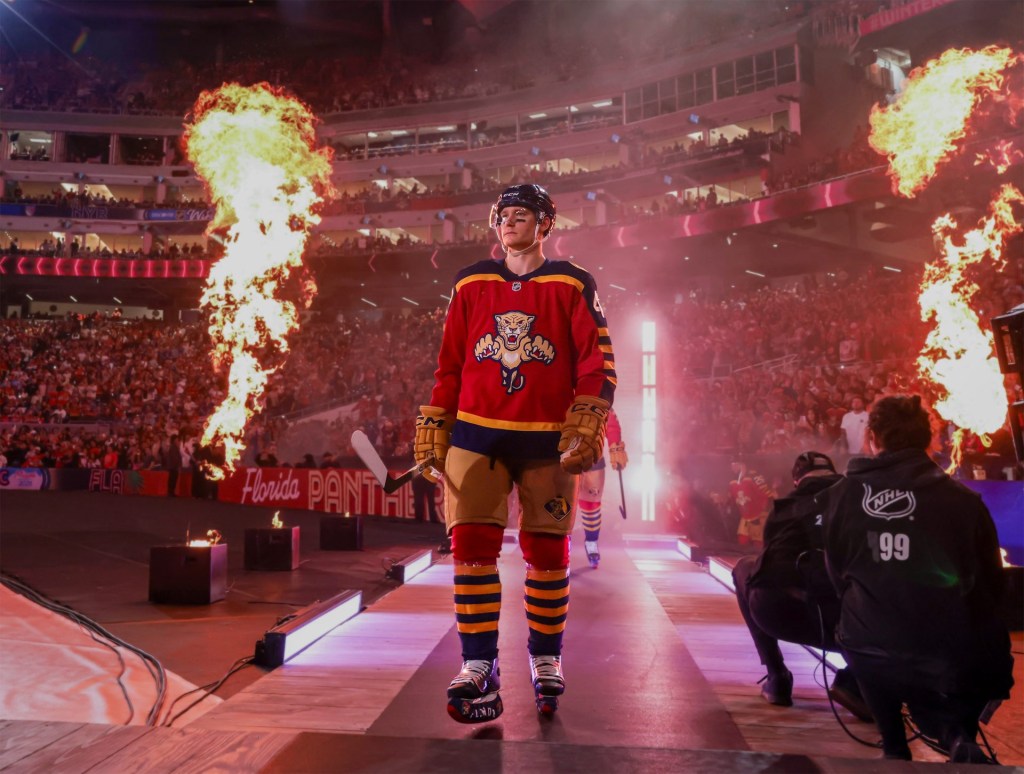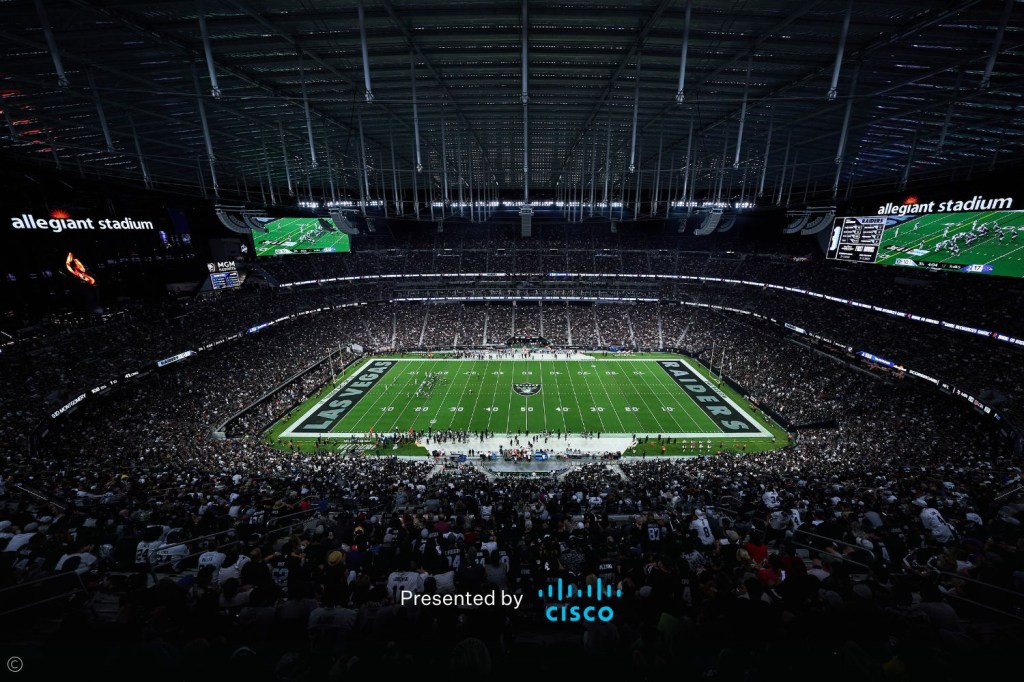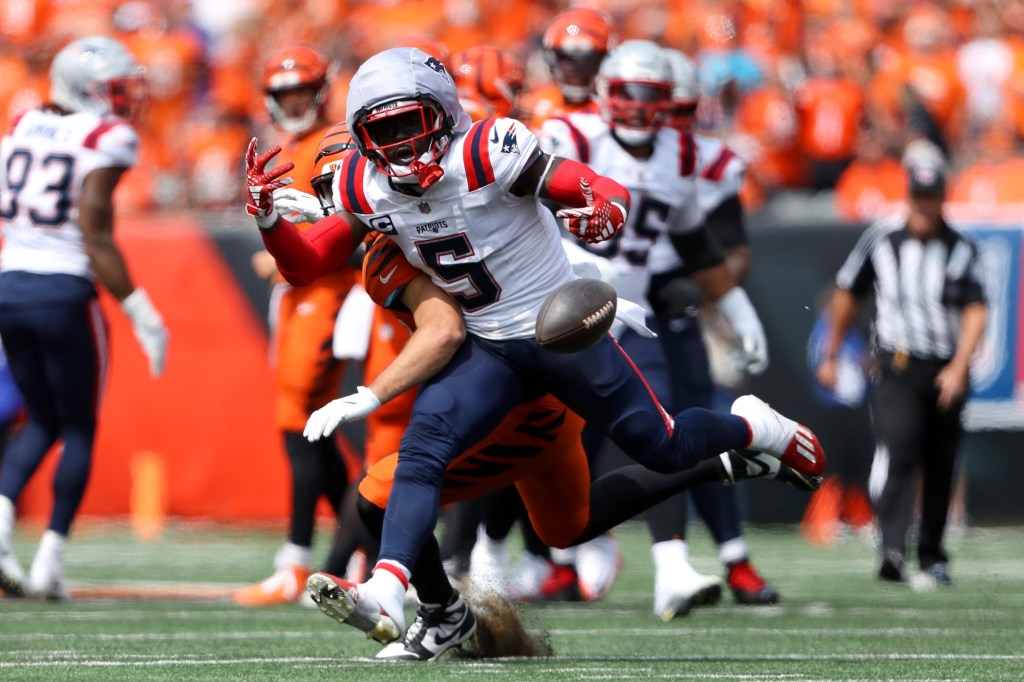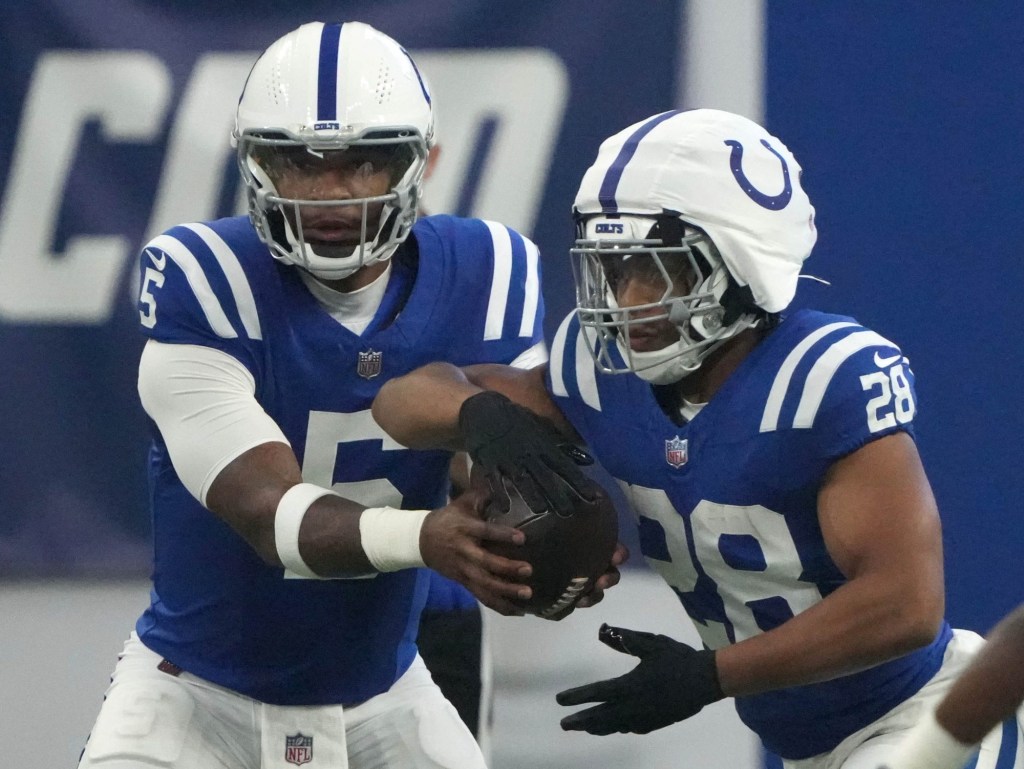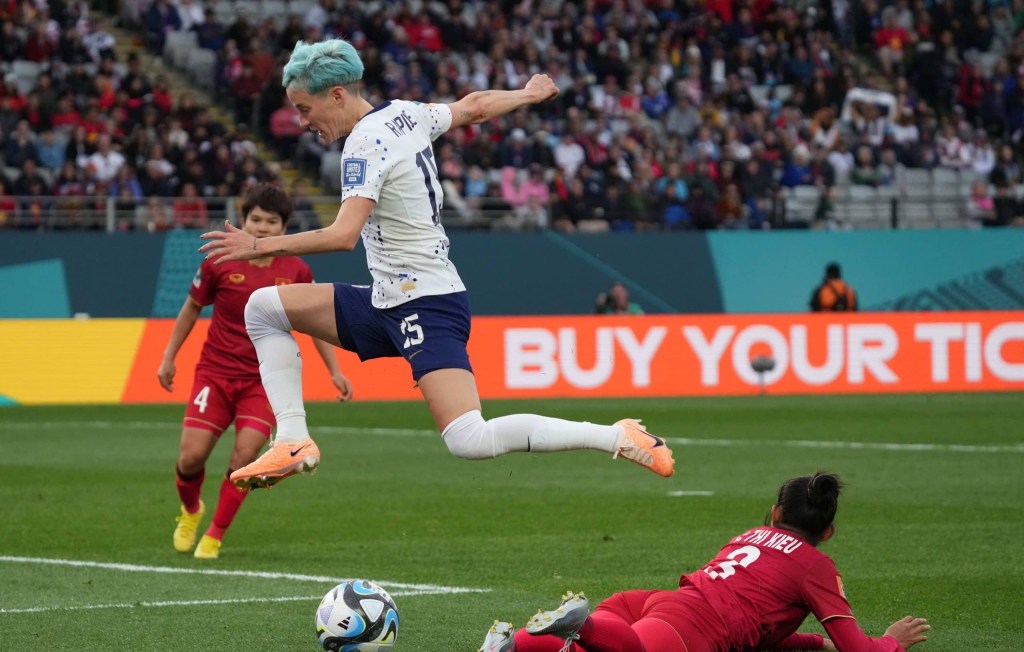The first professional fantasy football league is nearing its launch.
Crown League founders Mathew Sposta and Dan Nissanoff made their mark at CES in Las Vegas by chatting about the league, which is set to launch in September. Nissanoff and Sposta founded the league along with Derek Siskin.
“Everybody has a team, but no one else cares about those teams,” said Nissanoff, a serial entrepreneur who serves as the company’s CEO. “There’s no unified team providing shared rooting interests. We’re going to change that.”
Ten years ago, few could have expected esports to experience the surge of popularity it has today, Nissanoff said, and Crown League wants to do the same by creating a unified consumer fantasy sports experience.
The Crown League is waiting for SEC approval, but hopes to start a major campaign announcing the initial offerings in the second quarter of the year. Each team will start at a $5 million valuation with 100,000 $50 shares available initially, with the market dictating prices in the future.
READ MORE: DraftKings Leverages Custom Games to Drive Revenue and Acquisition
Unlike a normal fantasy sport, the Crown League founders said it’s not throwing money in a pot, accepting it as a loss before it starts. Instead, its fluid investment market with the potential to affect change on a daily operational basis. With shares, owners get a right to vote, right to profit and right to access certain social channels and events.
The teams will be managed like a professional sports organization in a dynasty format. Each team will have “high-profile names” attached, ranging from fantasy experts, sports media personalities, ex-NFL players and ex-NFL management.
The hope is the financial investment will create a rabid and active fanbase, who will help make organizational decisions, from roster moves to management changes, Sposta said. The hope is there’s a community of co-owners with meaningful collaborative interactions that can ultimately affect the team’s performance and the organization’s financial health.
“You see this behavior exist with no financial incentive on the line, you create a virality around a fan base,” said Sposta, speaking to the Green Bay Packers’ public ownership. “We’re trying to do the same thing, but monetary involvement elevates the experience. This isn’t fantasy, daily fantasy, or gambling. There is no binary outcome.
[mc4wp_form id=”8260″]
“There’s value creation that’s occurring throughout time and that value is redistributed to the owners.”
The revenue shared with the owners of the franchises will be generated in the same way the NFL generates revenue, largely driven by advertising, sponsorships, tickets, and merchandise.
Owners will also have access to special viewing parties on game days, which Nissanoff said will bring the games to life as though they’re real professional teams, complete with commentary specific to each market.
It is anticipated the initial 12 franchises will be New England, New York, Philadelphia, Washington, D.C., Miami, Atlanta, Chicago, Texas, Denver, Seattle, Las Vegas, and Los Angeles.
More sports are planned, but the founders said they want to get football right as it is the biggest market in fantasy sports.
READ MORE: Consuming Podcasts: The Latest Frontier in Fantasy Football
The company will also create a media entity, an ESPN-type channel, for the teams. Fans will stop to learn from fantasy players, even if they’re not financially involved in the league. Nissanoff likened the potential viewership to that of professional poker and said he wouldn’t be surprised to attract millions of viewers.
“If you’re a fantasy player, you want to watch the best players and know what they’re doing when real money is at stake,” Nissanoff said. “It becomes another stop for research.”
The league isn’t meant to replace the current fantasy industry, rather be a complement, Sposta said.
“It’s building a long-term emotional connection with these guys,” he said. “Ultimately, it’s the first time a fantasy community can have a unified interest.”







